News
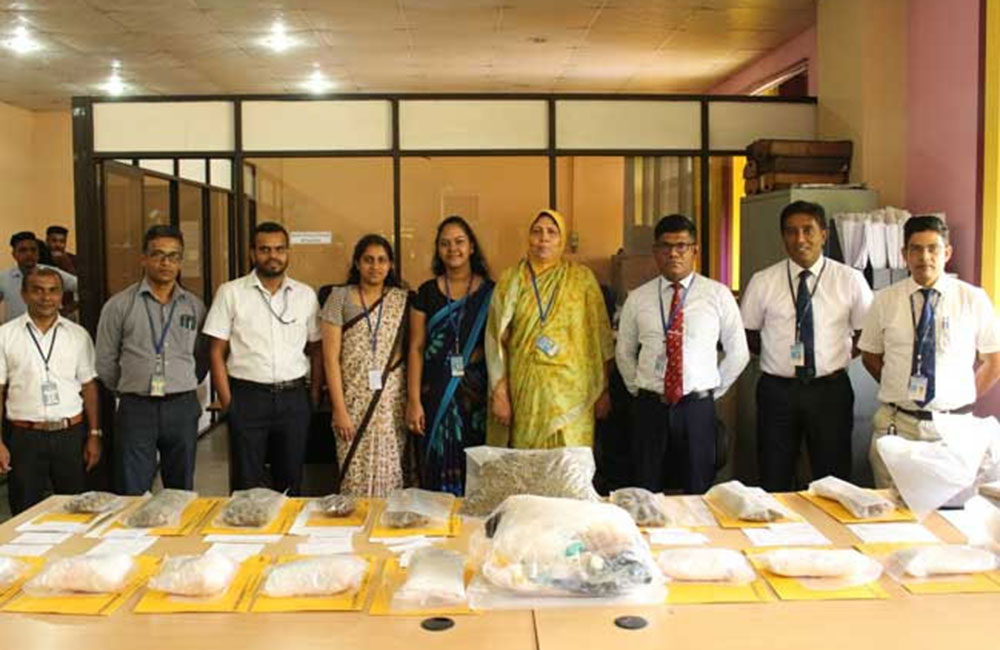
Customs seize over 3kg Kush cannabis sent from US and Australia
Officers of Sri Lanka Customs at the Central Mail Exchange have seized a stock of Kush cannabis with an estimated street value of around Rs. 34.75 million, following the inspection of 10 unclaimed parcels sent from abroad to Sri Lankan addresses.
The stock of Kush Cannabis weighing 3.475 kilograms in total, had been packed in 10 parcels and sent to addresses in Boralesgamuwa, Wellawatte, Minuwangoda, Welisara, Nuwara Eliya and Thalangama areas from the United States and Australia.
The stock of Cannabis is estimated to be worth around Rs. 34.75 million, according to Sri Lanka Customs.
The relevant parcels have been inspected by the customs officers on May 16, in the presence of the officers of the Police Narcotics Bureau (PNB) and the officers of the Postal Department, since their owners had not come forward to collect the parcels.
This Kush cannabis had been discovered during the relevant inspections and have been handed over to the PNB for further investigations.

Madhushan replaces Mudalige as new IUSF convenor
Madhushan Chandrajith of the University of Peradeniya has been appointed as the new Convenor of the Inter-University Students’ Federation (IUSF).
Former IUSF convenor Wasantha Mudalige in a statement said that the new appointment was made during the IUSF meeting held at the Rajarata University, yesterday ( 20).
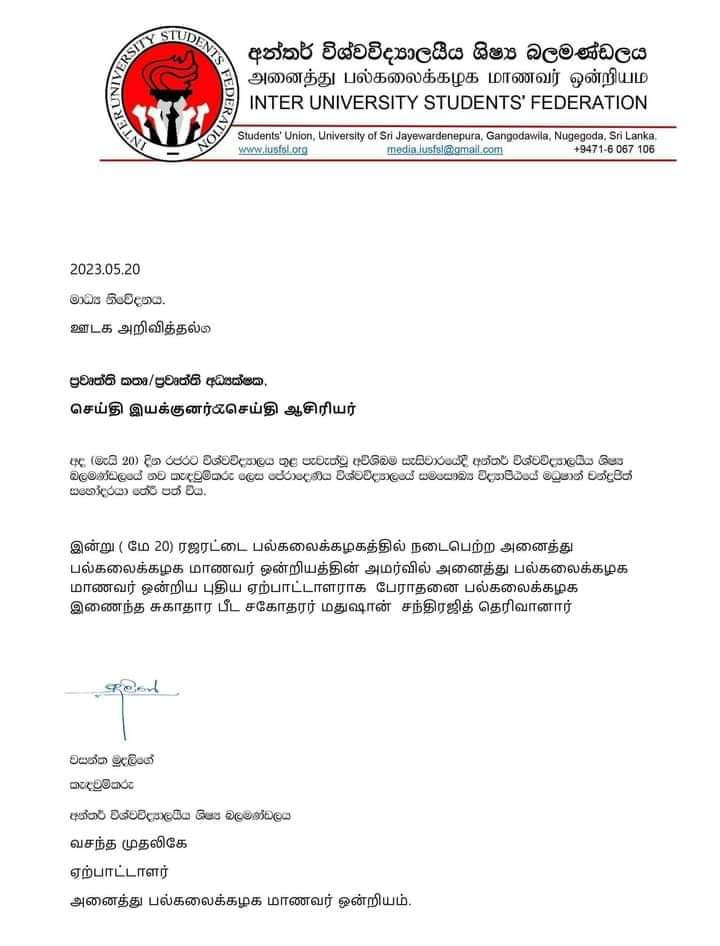
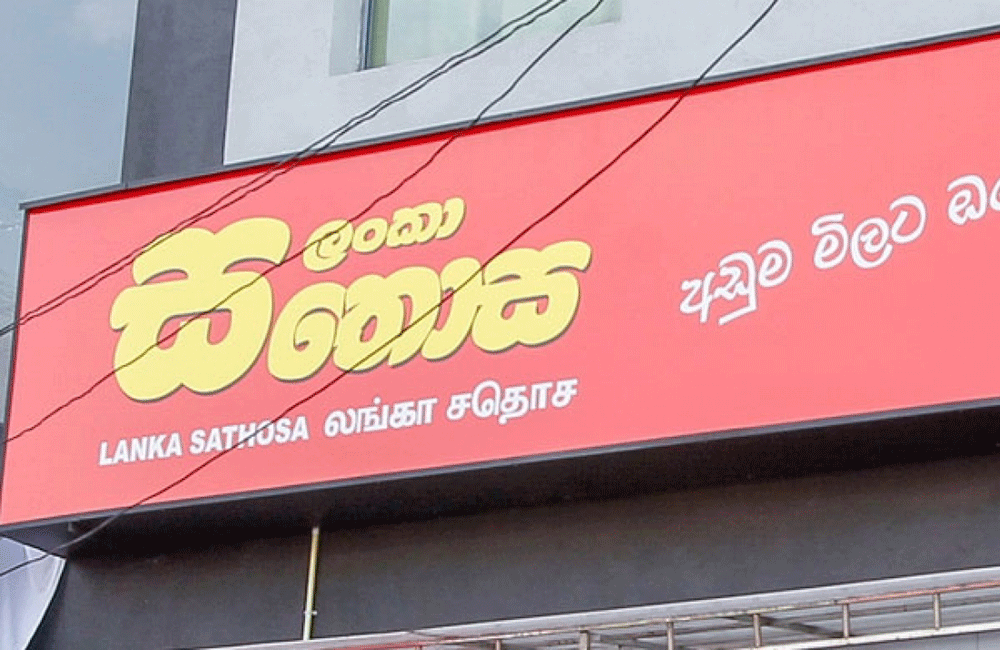
Lanka Sathosa slashes prices of seven essential food items
Lanka Sathosa has reduced the prices of six essential food items with effect from today (May 24).
Accordingly, the prices of LSL milk powder, Dried Chillies, Red lentils, Soya Meat, big onions and Sugar have been reduced.
The new revised prices are as follows:
LSL milk powder (400g) – Rs. 1,030 per kg (reduced by Rs. 50)
Dried Chillies - Rs. 1,350 per kg (reduced by Rs. 45)
Red lentils - Rs. 325 per kg (reduced by Rs. 10)
Soya Meat – Rs. 660 per kg (reduced by Rs. 10)
Big Onions – Rs. 129 per kg (reduced by Rs. 06)
Sugar - Rs. 239 per kg (reduced by Rs. 04)

Jalani demands one billion rupees from Chamuditha!
Ms Jalani Premadasa has demanded Rs One billion as compensation from journalist Chamuditha Samarawickrama for the insult and character assassination done to her during an interview with keerthi Ratnayake.
A letter of demand forwarded today (20) through lawyer Dimuthu Kuruppuarachchi.
It is stated that during the interview conducted with Mr. Keerthi Ratnayake, he has seriously insulted his servant Mrs. Jalani Premadasa by presenting false facts.
Accordingly, it is mentioned in the relevant letter of demand that if the relevant compensation amount is not paid within 14 days, a lawsuit will be filed.
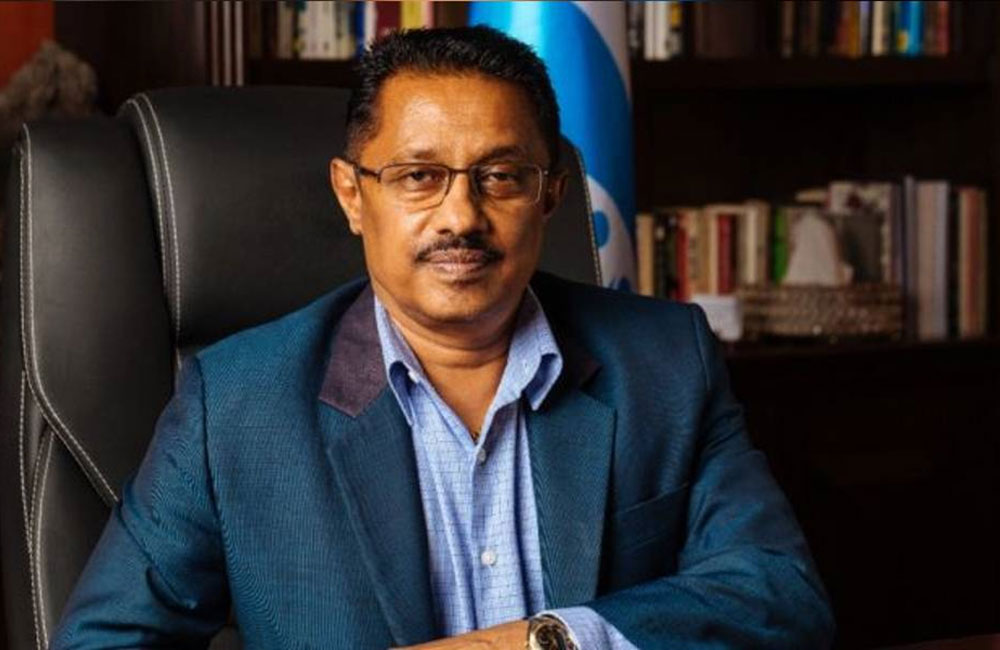
Parliament votes to remove Sri Lanka's Public Utilities Chief
The motion seeking the removal of Janaka Ratnayake from his position as the Chairman of the Public Utilities Commission of Sri Lanka (PUCSL) was passed in parliament a short while ago (24 May).
Accordingly, the proposal to oust Ratnayake as the PUCSL Chairman was passed in parliament with a majority of 43 votes, with 123 MPs voting in favour to the motion, while 77 others voted against.
Ruling party MPs as well as several opposition MPs supported the motion while opposition parties including the Samagi Jana Balwegaya (SJB) and the Janatha Vimukthi Peramuna (JVP) voted against.
The proposal was presented by Leader of the House, Minister Susil Premajayantha, this morning, pursuant to Section 07 of the PUCSL Act.
The proposal was debated in parliament from 10:30 a.m. to 05:00 p.m. today, with Minister of Power and Energy Kanchana Wijesekera commencing the debate saying that five allegations are being levelled against the PUCSL Chairman.
The debate was followed by a division.
Accordingly, following the vote, Speaker Mahinda Yapa Abeywardena declared that the motion has been passed by an absolute majority.
Meanwhile MP Ali Sabri Raheem, who was in the spotlight yesterday following his detention by customs officers at the BIA for smuggling gold and mobile phones into the country, was also present for the vote in parliament today and cast his vote against the motion.
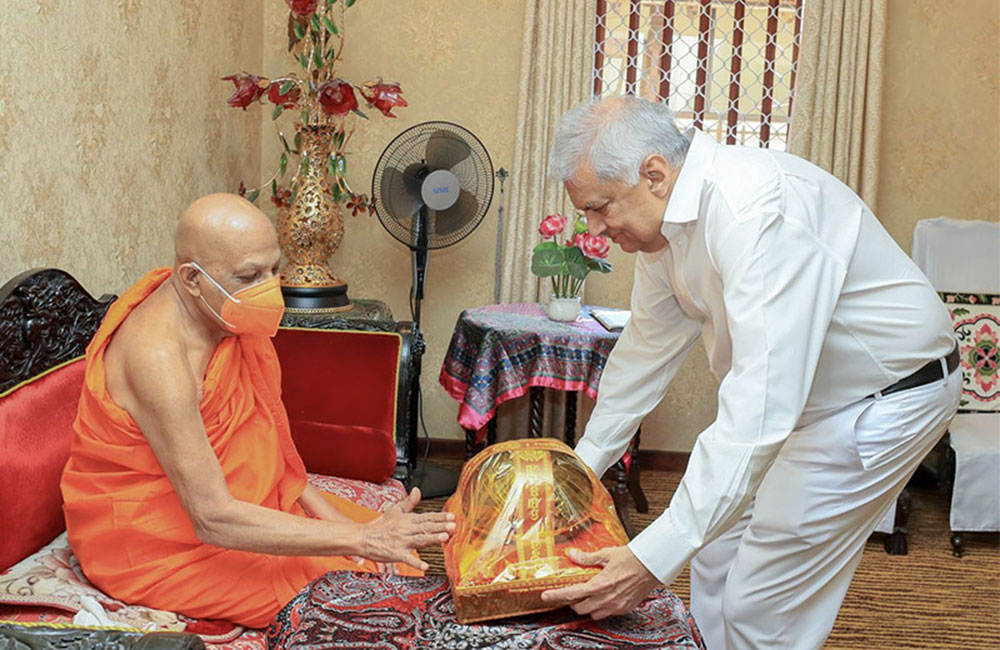
President seeks Japanese assistance to establish a Maha Vihara university
President Ranil Wickremesinghe stated that he intends to seek the Japanese Government’s assistance during his upcoming visit to Japan, to establish a Maha Vihara University, an international standard university to study Theravada Buddhism.
The President expressed that the hope is to get the contribution of Buddhist countries like Thailand and Bhutan for this purpose. President Ranil Wickremesinghe, who first arrived at the Malwathu Maha Vihara this morning, visited and received the blessings of the Chief Prelate of the Malwathu Chapter, Most Venerable Thibbatuwawe Sri Sumangala Mahanayaka Thera, and engaged in a brief discussion.
Senior Adviser to the President on National Security and Chief of the Presidential Staff Sagala Ratnayake was also present on this occasion and the Maha Sangha led by Chief Incumbent of the Malwathu Chapter chanted Pirith, and offered his blessings to the President and the delegation.
According to the request made by the Chief Prelates of the Malwathu and Asgiri Chapters, at the Presidential Palace in Kandy on February 19, the bill was completed in three months and presented again for the admonition of the Chief Prelates.
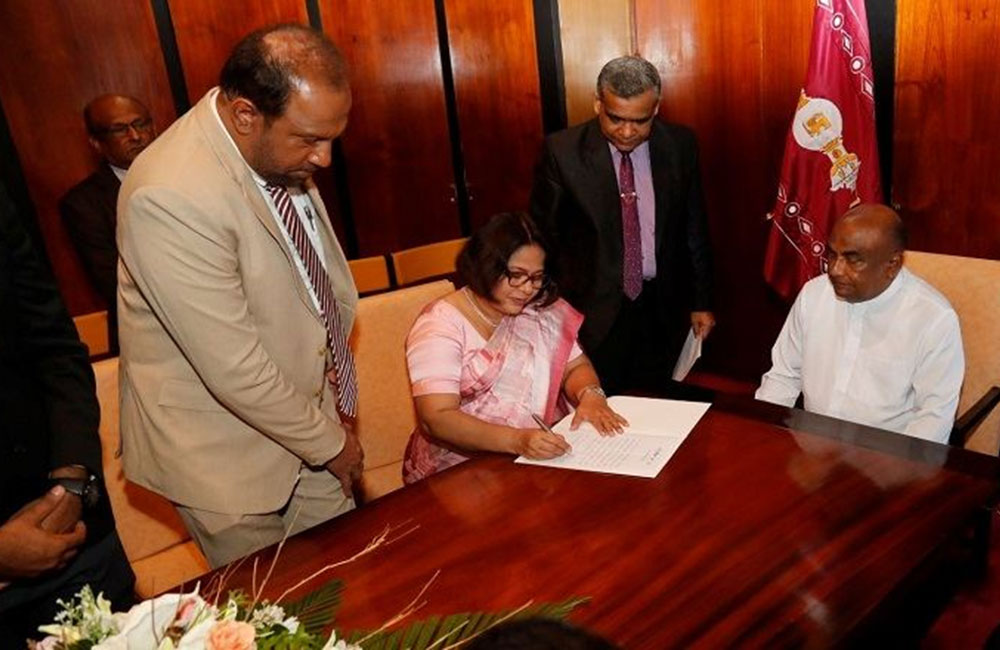
New SG of Parliament assumes duties…
Mrs. Kushani Rohanadeera, who was recently appointed as the Secretary General of the Parliament of Sri Lanka, officially assumed her duties this morning (May 23), after being welcomed by the Parliament’s Assistant Secretary Generals Mr. Tikiri K. Jayathilake and Mr. Hansa Abeyratne.
She then began her duties as the Secretary General of Parliament by certifying that the Ratanathissa Peace Foundation (Incorporation) Bill, which was passed by Parliament, as a true copy, which is to be certified by the Speaker.
Speaker Mahinda Yapa Abeywardena, former Secretary General of the Parliament Dhammika Dasanayake, Mrs. Rohanadeera’s family members, heads of the departments of Parliament and others were present at this occasion.
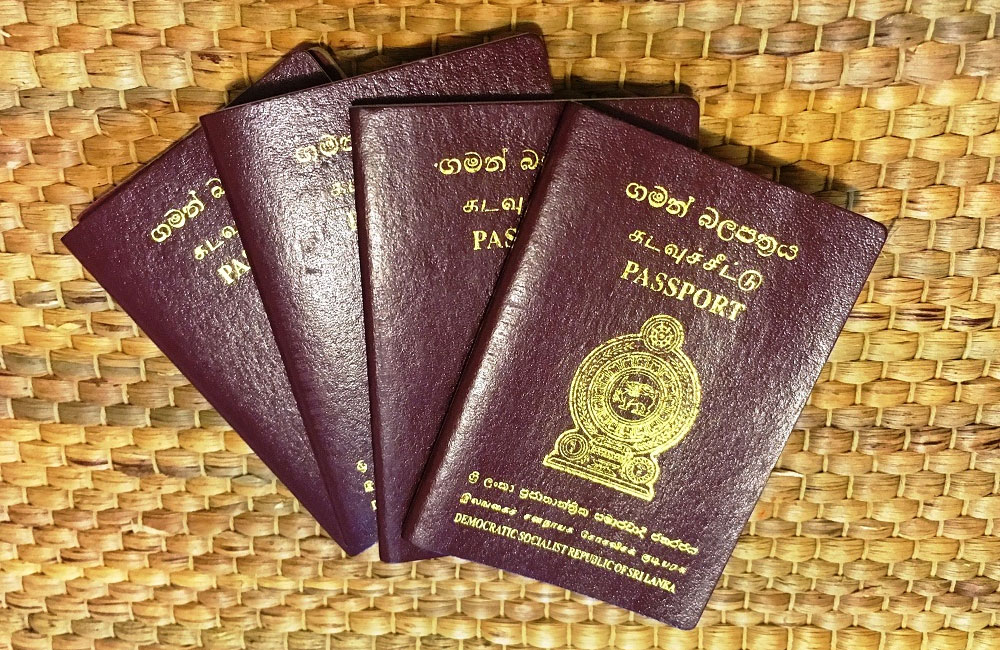
Electronic passports to be introduced this year
An electronic passport is likely to be issued within this year, the Department of Immigration and Emigration said.
Accordingly, the Controller General of the Department of Immigration and Emigration, Harsha Ilukpitiya, noted that measures in this regard have already been taken, adding that several foreign countries have also stepped forward to facilitate the shift.

Gold & Smart phones: More details on MP Ali Sabri Raheem detention
Sri Lanka Customs department has provided an update on the value of seized gold and smartphones from MP Ali Sabri Raheem earlier today.
The gold, which weighed over 3 kilograms, was valued at Rs. 74 million. Additionally, customs officials have recovered 91 smartphones which were in his luggage, which were valued at more than Rs. 4.2 million.
Puttalam District MP Ali Sabri Raheem was taken into custody by the Sri Lanka Customs at the Bandaranaike International Airport (BIA) earlier today (23), after he was found to be carrying undeclared gold and smartphones valued at over Rs.78 million.
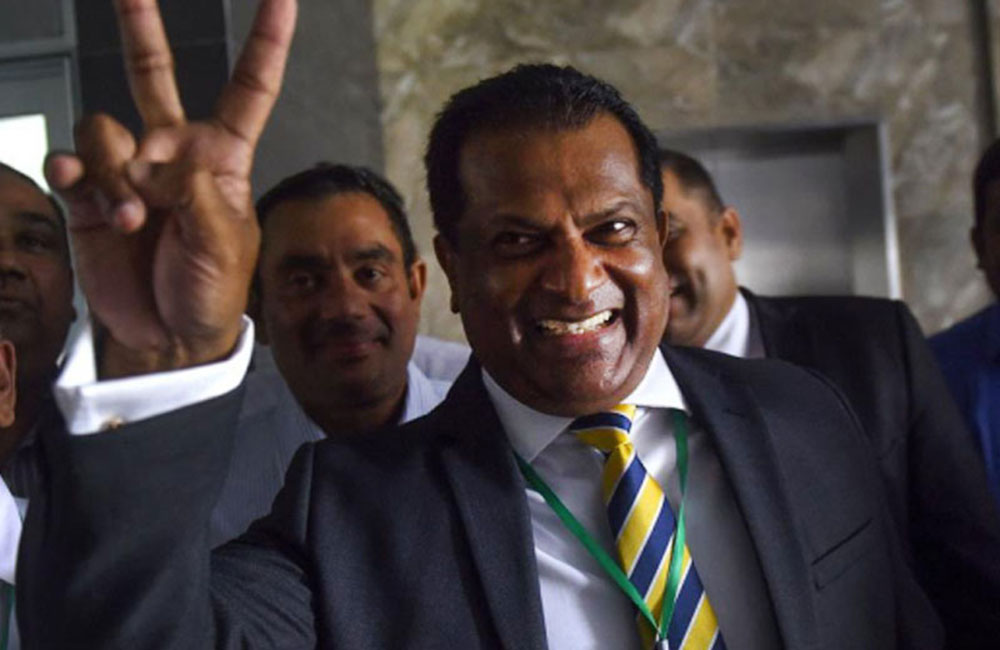
Shammi Silva elected as SLC President
Shammi Silva has secured another term as the President of Sri Lanka Cricket (SLC).
He was elected uncontested for the period 2023-2025. Silva’s election marks his third term in office as the President of SLC, and the 2nd time, being elected uncontested.
The 62nd Annual General Meeting (AGM) of the national cricket board is taking place today (May 20) at the JAIC Hilton in Colombo.
During the AGM, the elections conducted by the ‘SLC Elections Committee’ are held to elect the new office bearers for the period 2023-2025.
The AGM commenced at 10:00 a.m. with the participation of the stakeholders of the cricket board.
Following the completion of the AGM, the national cricket board will also convene a media briefing.
The SLC elections come in the backdrop of the International Cricket Council (ICC) probe into Sports Minister Roshan Ranasinghe’s political interference, following a complaint filed by the SLC officials with the ICC.
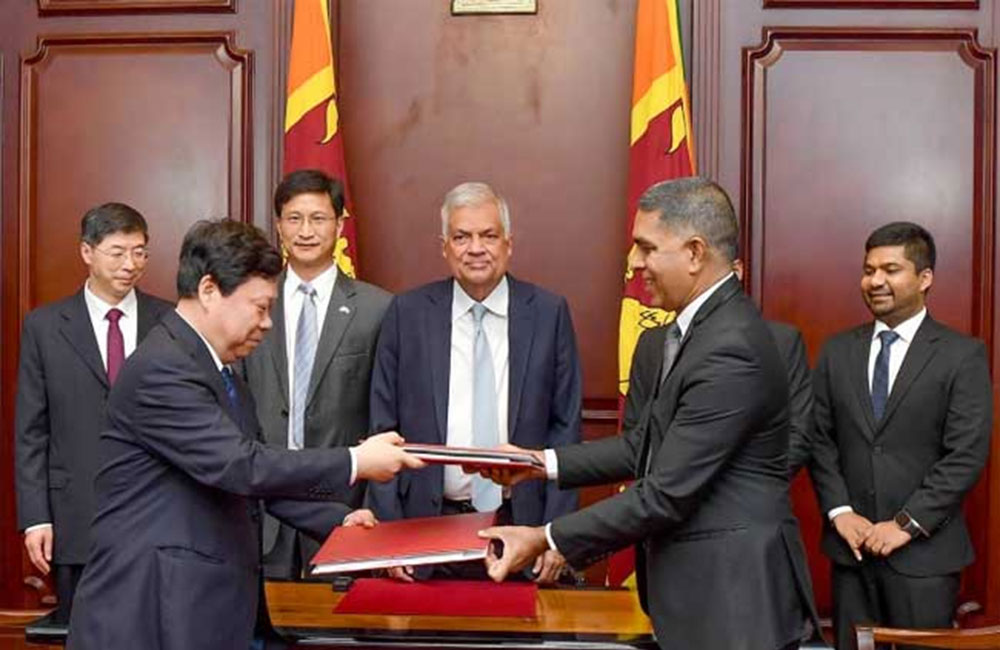
Sri Lanka signs contract agreement with Sinopec to secure fuel supply
In a significant move to address Sri Lanka’s fuel supply challenges, a contract agreement was signed with Sinopec, a leading international petroleum company.
The agreement, signed today (22), marks a crucial step in ensuring a steady and uninterrupted fuel supply for the nation.
The signing ceremony took place at the Presidential Secretariat, with representatives from both Sri Lanka and Sinopec in attendance.
Secretary of the Ministry of Power and Energy Mr. M.P.D.U.K. Mapa Pathirana and Mr. Chen Chengmin, Managing Director of Fuel Production and Marketing Department of Sinopec Company, signed the agreement in front of the President.
On the Sri Lanka side, the Secretary of the Ministry of Power and Energy, the Chairman & Managing Director of the Ceylon Petroleum Corporation, and the Chairman of the Ceylon Petroleum Storage Terminals Limited participated. From Sinopec, representatives from Sinopec Fuel Oil Lanka (Private) Limited, Sinopec Fuel Oil Sales Co. Ltd (People’s Republic of China), and Sinopec Fuel Oil (Singapore) Pte. Ltd. were present to formalize the agreement.
In response to the on-going foreign exchange crisis in Sri Lanka, the Ministry of Power and Energy has taken this decisive action to ensure an uninterrupted fuel supply to consumers. With the inability to provide sufficient foreign exchange for fuel shipments, the Ceylon Petroleum Corporation (CPC) and Lanka Indian Oil Company (LIOC) faced significant challenges.
To tackle this issue, the Ministry explored various strategies and one of them involved inviting Expression of Interests (EOIs) from reputable petroleum companies established in producing countries. The goal was to import, store, distribute, and sell Petroleum Products in predetermined Distribution Dealer operated Networks in Sri Lanka. The Cabinet of Ministers approved this initiative.
One of the key requirements for new retail suppliers entering the market was their ability to secure forex requirements without depending on the domestic banking sector. It was mandated that these companies source their own funds for fuel procurement through foreign sources, at least during the initial one-year period of operation.
After receiving EOIs, the companies that were shortlisted were invited to submit detailed proposals in response to a Request for Proposal (RFP) document. The Cabinet Appointed Special Committee (CASC) and the Technical Evaluation Committee (TEC) thoroughly scrutinized the proposals and recommended awarding contracts to the following companies, subject to negotiations:
# M/s Sinopec Fuel Oil Lanka (Private) Limited, F5, Hambantota Maritime Center, Mirijjawila, Hambantota, Sri Lanka
# M/s United Petroleum Pty Ltd, 600 Glenferrie Rd, Hawthorn, Victoria 3122, Australia
# M/s RM Parks, 1061 N. Main St, Porterville, CA 93257, USA, in collaboration with Shell PLC
The Cabinet of Ministers, considering the recommendations made by the CASC and the Committee Appointed by the Cabinet, granted approval to award the contracts to the selected suppliers.
Sinopec, along with its affiliated companies, is set to commence operations in Sri Lanka within 45 days following the issuance of the license. This development brings hope for a more stable and reliable fuel supply, boosting the country’s energy sector and providing assurance to consumers.
Minister of Power and Energy Kanchana Wijesekera, State Ministers D.V. Chanaka, Indika Anuruddha, Shehan Semasingha, President’s Senior Advisor on National Security and Chief of Staff Sagala Ratnayaka, President’s Secretary Saman Ekanayake, Central Bank Governor Dr. Nandalal Weerasinghe, Chinese Ambassador Qi Zhenhong and representatives of Sinopec Oil Lanka Pvt. Ltd, Sinopec China Pvt Ltd and Sinopec Singapore Pvt Ltd were present on this occasion.

14th National War Heroes Commemoration held in Colombo
14th National War Heroes Commemoration held under patronage of President, Prime Minister
The National War Heroes Commemoration Ceremony took place today (19) at the Battaramulla War Heroes Memorial, under the patronage of the Commander-in-Chief of the Armed Forces President Ranil Wickremesinghe and Prime Minister Dinesh Gunawardena.
This year marks the 14th anniversary of the victory over LTTE terrorism that lasted for three decades. A total of 28,619 heroes from the Army, Air Force, Navy, Police, and Civil Security Department (CSD) sacrificed their lives for the freedom of the motherland, while over twenty-seven thousand war heroes were rendered disabled. The ceremony was a proud expression of the nation’s gratitude towards these brave individuals.
The ceremony began with the playing of the National Anthem, followed by a two-minute silence observed by the President, the Prime Minister, and others in honour of the fallen war heroes.
The event commenced with religious observances and a special war drumming performance,paying tribute to the courageous soldiers from the Army, Air Force, Navy, Police, and CSD who sacrificed their lives to protect the country’s sovereignty and territorial integrity.
The commemoration ceremony was organised by the Ranaviru Seva Authority.
https://english.newstube.lk/news?eRLW8=kbmK0&start=2988#sigProId701765be19
Page 250 of 663
